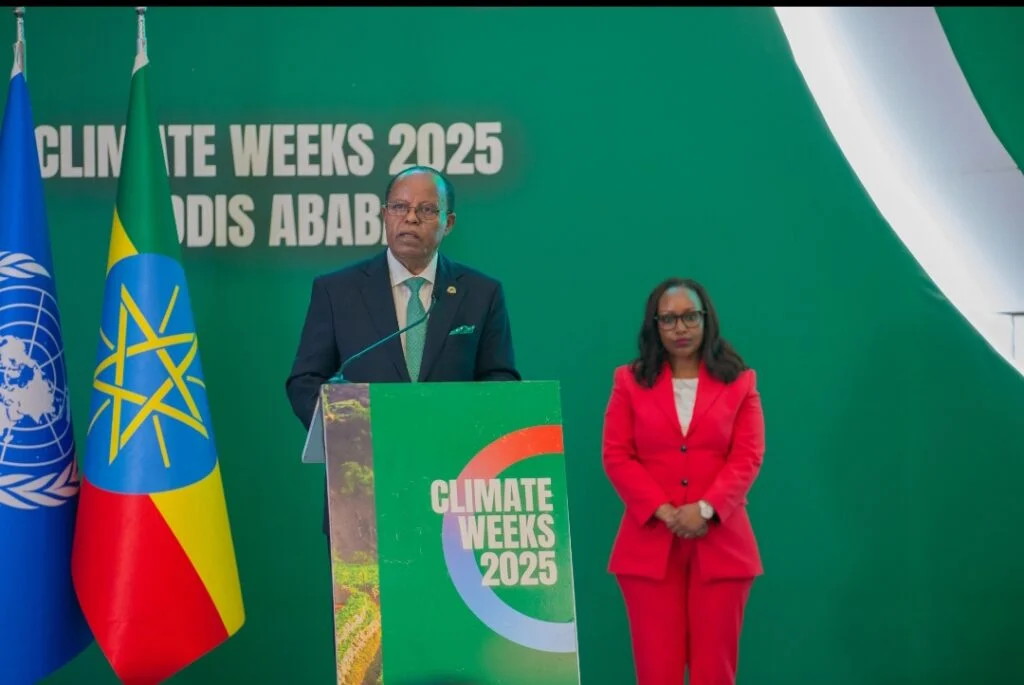African leaders gathered in Addis Ababa, Ethiopia, for the second Africa Climate Summit to create a united plan to tackle climate change.
Held just before COP30 in Brazil, the summit comes as the U.S. withdrawal from the Paris Agreement weakens global climate efforts.
A Plan for a Green Africa
Ethiopian Prime Minister Abiy Ahmed opened the summit, saying, “We’re building a new climate economy for Africa.”
He proposed a plan to develop 1,000 homegrown climate solutions by 2030, involving universities and startups. Abiy also announced Ethiopia’s bid to host COP32 in 2027.
Africa faces severe floods, droughts, and landslides in 2025. Abiy stressed that the continent can grow its industries without harming nature through smart investments in carbon capture, renewable energy, and food production.
Demand for Fair Funding
Africa causes less than 4% of global emissions but suffers major climate impacts. Yet, it gets only 1% of global climate funds, summit officials noted.
At the 2023 Nairobi summit, leaders sought more support, but debt and economic issues limit progress.
Mahamoud Ali Youssouf, African Union Commission chair, said, “We need fair and steady climate funding.” Leaders pushed for changes to global financial systems to help African nations adapt and build clean energy projects.
Kenyan President William Ruto highlighted the U.S. exit from the Paris Agreement, saying, “Broken promises hurt our fight against climate change. We need better teamwork.”
Africa’s Energy Potential
Africa has 60% of the world’s best solar resources, a July 2025 UN report found. Despite this, only 2% of global clean energy investments reached Africa in 2024.
Leaders vowed to boost renewable energy to 300 gigawatts by 2030, enough to power a small country.
The International Renewable Energy Agency says 90% of Africa’s power could come from solar, wind, and hydropower by 2050.
Solar panel imports from China rose 60% last year, with 20 African countries setting records, according to energy group Ember. South Africa is leading with solar, wind, and hydropower projects.
Preparing for COP30
The summit will close with the Addis Ababa Declaration, outlining Africa’s goals for COP30. Leaders aim to secure more funding, grow green industries, and position Africa as a leader in climate solutions.
Wanjira Mathai of the World Resources Institute said, “Africa can drive global change with local solutions if we get proper support.”
Moving Forward
With climate challenges growing, the summit highlights Africa’s push for unity, innovation, and fair funding to create a sustainable future.
DR Congo Battles New Ebola Outbreak, Sparking Global Concern






